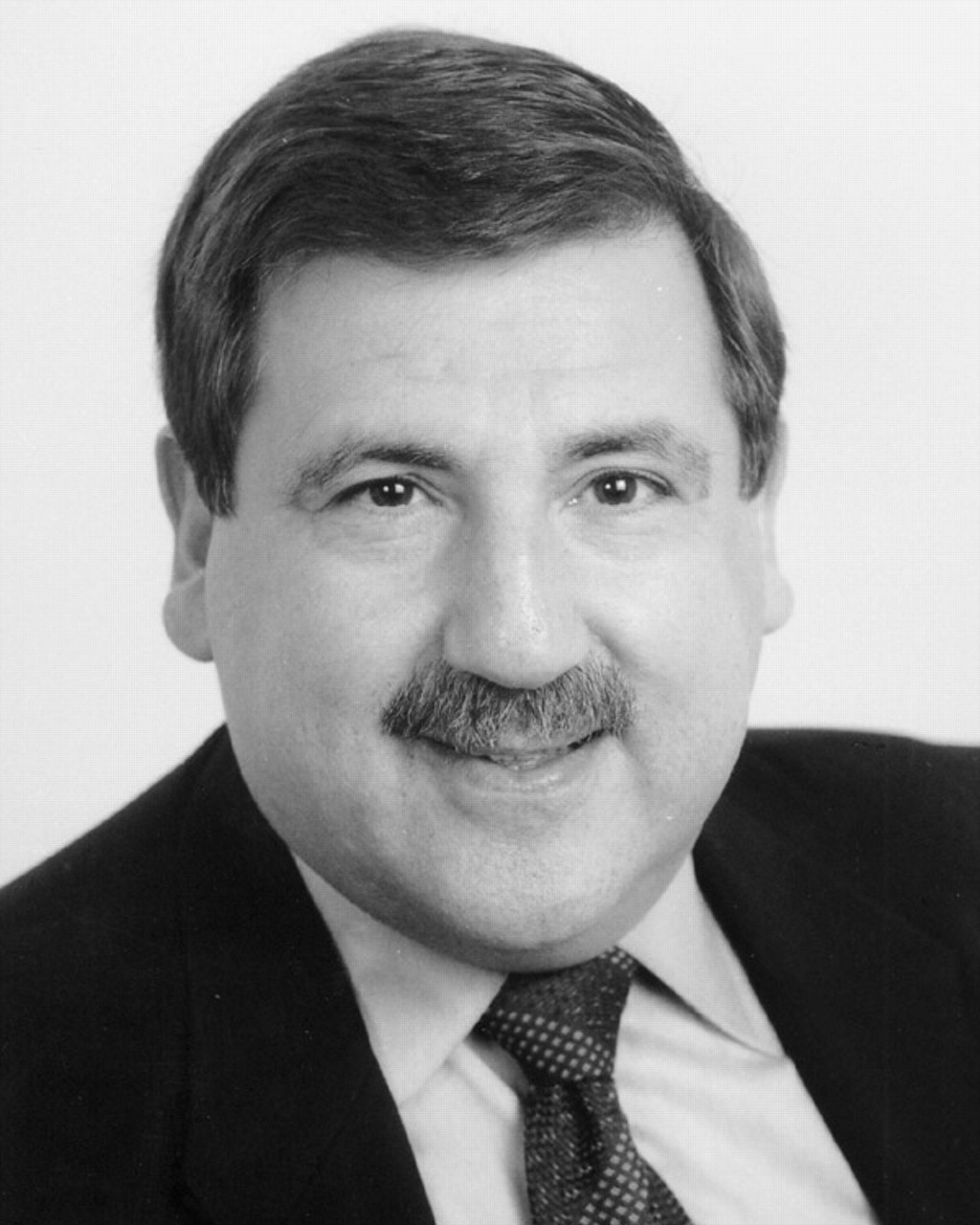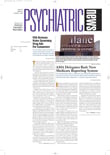Private Practice, Psychiatry/Psychoanalysis, 1985-
Distinguished Fellow (Member Since 1984)
Chair, APA Committee on Gay, Lesbian, and Bisexual Issues, 2000-
Member, APA Council on Minority Mental Health and Health Disparities, 2002-
New York County District Branch, APA: President, 2000-01; Secretary, 1995-99
New York County District Branch, APA: Newsletter Editor, 2001-
William Alanson White Institute: Training, 2001-; Supervising Analyst, 1999-
I am a full-time private practitioner and previously worked in a public setting serving the urban poor for 12 years. As an educator, mentor, author, editor, and frequent speaker to the media, I have devoted much time and effort to educating the profession and the public about the mental health impact of stigma and on the mental health needs of stigmatized patient populations.
I have been elected to leadership roles in psychiatric organizations. Colleagues say I demonstrate strong leadership in times of crisis, particularly as immediate past president of the New York County District Branch in the aftermath of 9/11. I have a strong record of working collaboratively within APA, and, as in the case of 9/11, with other groups as well. As chair of the Committee on Gay, Lesbian, and Bisexual (GLB) Issues since 2000, I advised APA's leadership in developing position statements intended to improve the mental health of GLB patients.
In my service to APA—in committees, in the Assembly, in my DB, and in Area 2—I have had the opportunity to learn how our organization and its components function (and sometimes don't). APA is a vital organization doing important work, but there is room for improvement, particularly streamlining some of our more cumbersome bureaucratic processes.
Our profession has done a good job exploring and developing treatments based on biological research. Recognizing that the brain is not the same thing as the mind, we are paying renewed attention to the psychological aspects of our work. We also need to pay more attention to the “social” aspects of the biopsychosocial model. In this way, we can successfully translate what we know into effective public policies for the treatment of mental disorders. Regardless of our other political affiliations, all APA psychiatrists should support decent and respectful standards of mental health care for all patients who need it.
We fight an uphill battle. Our professionalism is under assault—the result of outside pressures and intrusions that devalue professional autonomy and lead to fragmentation of care. We cannot do our jobs and our patients cannot get better if the social milieu in which we practice does not support our work or allow for the kind of care our patients need. Both public and private sectors face a wide range of impediments to effective and compassionate care. APA should be strongly opposed to unworkable“ factory models” of mental health care delivery. Patients do not find this model efficacious—and neither do we! APA can do a better job fighting to maintain our professional standards; to do that, psychiatric physicians have to do a better job of involving themselves in political processes that affect their practices. We need to function as both psychiatrists and citizens.
APA has always accommodated members who wish to be involved. We need to do a better job stimulating the involvement of nonmember colleagues. Those of us committed to the front lines have to raise our level of activity at least one notch—that includes convincing those less involved to increase their level of participation as well. APA, its members, and particularly our nonmember colleagues cannot sit on the sidelines as decisions made by others interfere with the physician-patient relationship or deny our patients needed services.
I want APA to build upon its core missions: advocacy for our patients, our members, and our profession. We need to (1) effectively engage, as mental health professionals, in all the social and political arenas affecting the lives of our patients and how we do our work; (2) continue to forcefully demonstrate the scientific validity of our professional activities; (3) actively recruit and retain our disaffected or disinterested colleagues; (4) mentor our ECP and MIT colleagues; and (5) work to reduce the stigma of mental illness.
As APA president, I would bring enthusiasm, energy for hard and creative work, a focus on outreach, thoughtful leadership, activist experience, and a fighting spirit. Please join me in tackling the enormous challenges that our patients and we face.
Primary Professional Activities and Sources of Income
Professional Activities
90%—Private practice (private office)
10%—Editing Journal of Gay and Lesbian Psychotherapy, Bending Psychoanalysis Book Series (private office)
Income
95%—Private practice of psychiatry

